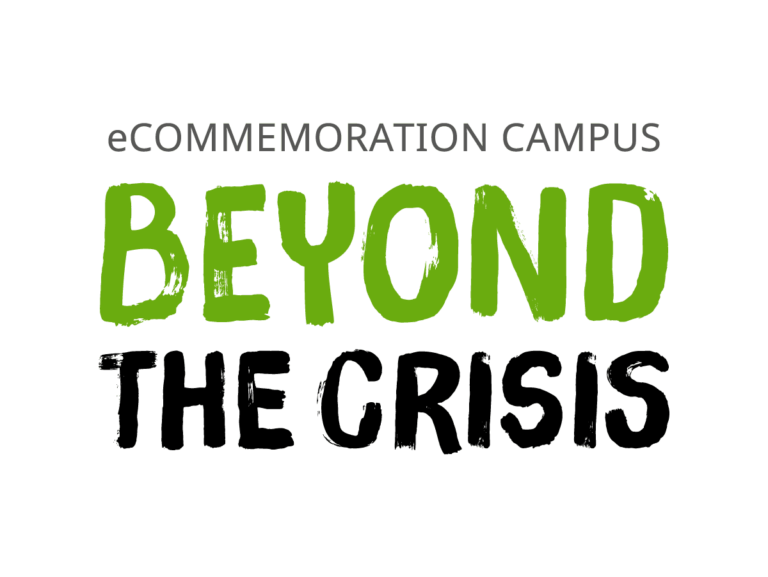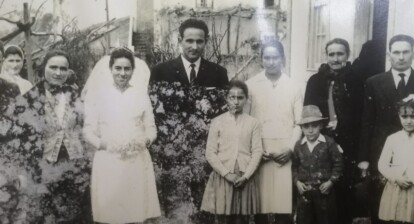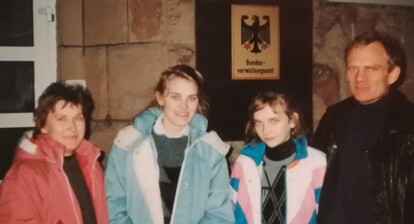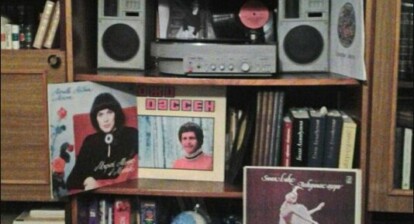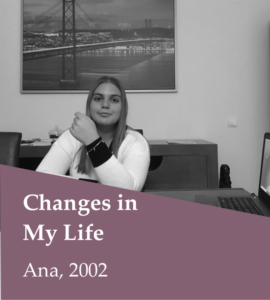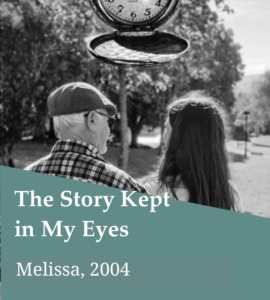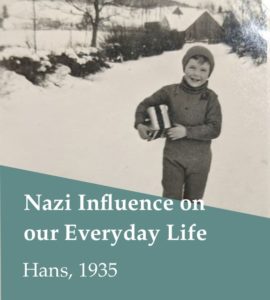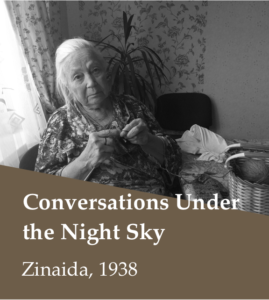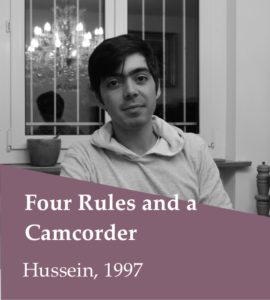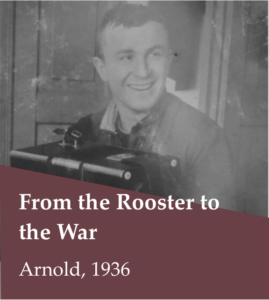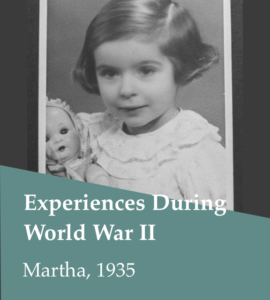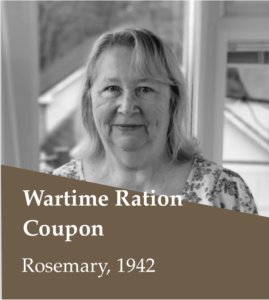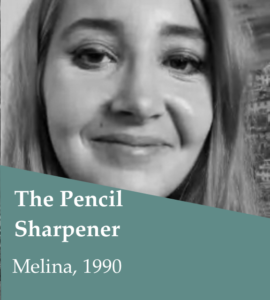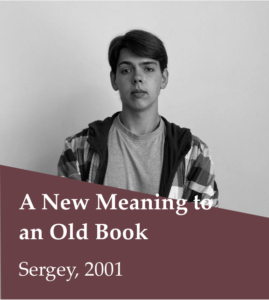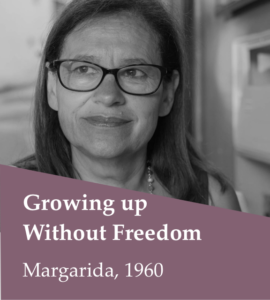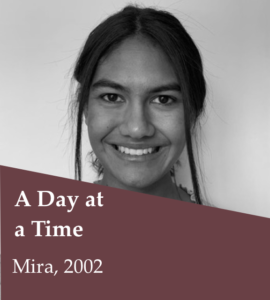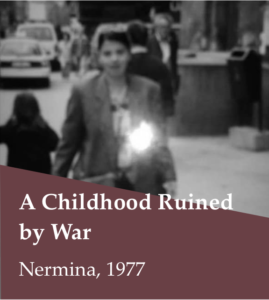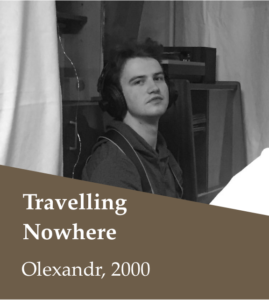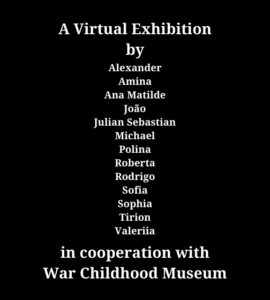Story: Margarida, 1960 / Interviewed by Rodrigo
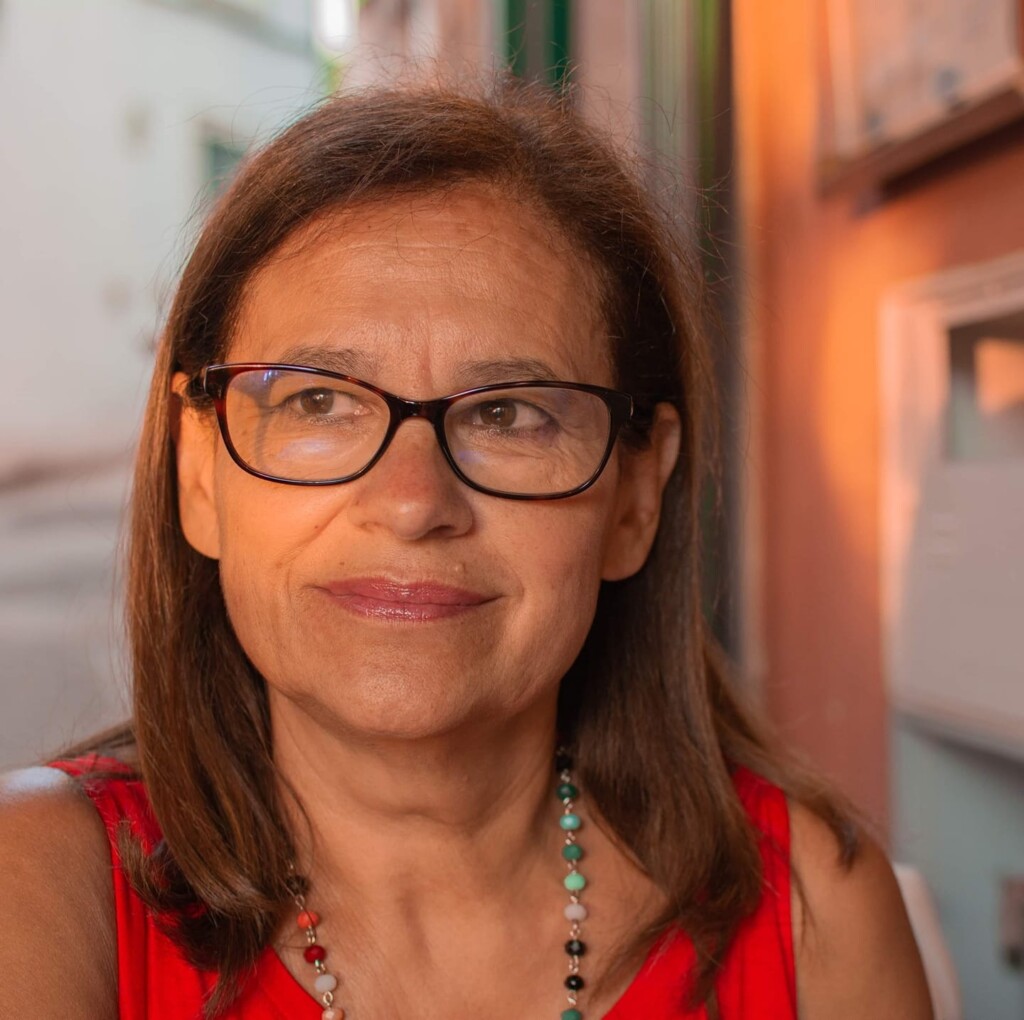
I grew up during the Colonial war in Angola, Mozambique and Guinea-Bissau that lasted from 1961 to 1974. In this time, Portuguese women of poor background, including my mother, were afraid to become pregnant with boys because once they turned 18, they were forced to go to Africa. When my brother was born, and as he grew up, I too had this anguish and fear, that one day he would go away and die there like many did.
“Beware, beware, we have to speak quietly because the walls have ears.”
I don’t want to say that at 13 I was already politically aware, but I wondered why. Why is there war in those countries, which the government said were our colonies? Why does a country as small as mine have to be at war with countries that are so much bigger than mine? My parents spoke about these matters sometimes and my mother would say “Beware, beware, we have to speak quietly because the walls have ears”. I wondered why she was afraid, and my parents would say: “Daughter, we don’t know if our neighbours are PIDE informers”. I did not understand what that was, and she would say to me almost in my ear: “Daughter, there is a secret police in the country who arrests people who demonstrate against the war and the government. People are arrested and they just disappear.” So I grew up until the Revolution a little bit in this mentality of fear.
I remember my father hiding many books of the gentleman who was a political prisoner. These books were hidden in our basement and I, curiously, locked myself inside to read them. I read about horrible torture methods; leaving prisoners for days in cells where with the tide the sea water reached prisoners’ waists, and feeding them with – often spoiled food – through tubes. The gentleman eventually died due to serious problems with his spine, bones and kidneys for having been in the water for so long.
This was the reality of my country, the country that forced its men to go to an unjust war. A country that tortured its own citizens and controlled them mercilessly. That was my Portugal.
Margarida, 1960

